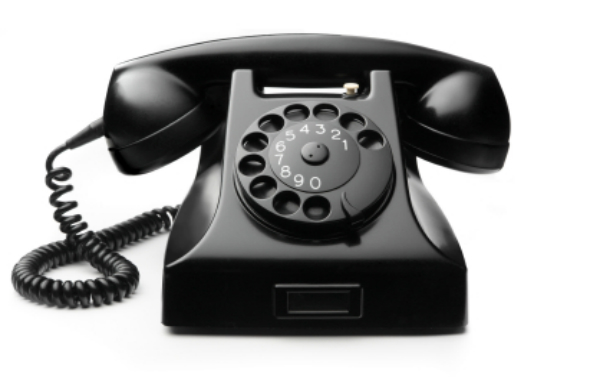
16 March is Access Day. For many of us access is not an issue. Life proceeds. We do the things we want to. If we get poor service now and then, we may grumble, but we can mainly get on with life.
But what if doing basic things like contacting your bank or booking tickets to an event effectively shut you out? What if the process of doing these things was so much trouble that instead of getting a basic task finished, you ended up feeling fed up and badly treated?
Awareness of access in the UK has improved. It helps that UK law supports this. But the ‘positive duty’ to anticipate access needs is interpreted so differently by each service provider that it can result in a lot of confusion.
It is good to see more recognition of mobility requirements on many websites’ organisations. Often (but certainly not always) it can be a little easier to plan a visit if you have a mobility impairment. But the approach to wider-ranging access is often piecemeal and can result in potential customers feeling excluded – which is distressing and isolating.
Access needs to be planned holistically. It is most effective if ‘co-produced’ with people with their own access requirements. An example of good practice is Transport for Greater Manchester’s Disability Design and Reference Group (DDRG) which was formed in 2008. The group’s input means that transport plans and changes are not based on guesswork but on lived experience; and it shows.
Result CIC Director, Jane is profoundly deaf. She recently had two experiences of being inadvertently blocked by large organisations.
The first was a bank. After attempting to contact them about the non-arrival of a card she had ordered, she was told that the only way she could phone them with a third person supporting the call (to make what was said visible) was to pay a solicitor to give that person Power of Attorney.
Jane replied that this was not in fact the case. She suggested that the bank needed to check its procedures and be aware of its legal duty to provide reasonable access.
The second example was when trying to book tickets for a concert. The concert hall has a good section on access on its website. Once a deaf patron got into the building, there were several technological types of support available. However, to book tickets, you had to (you guessed it) phone. Jane was booking for herself and a family member with a mobility impairment. She started trying to use the online booking system but quickly realized that it would not allow her to request ‘access’ seats and tickets.
A helpful family member made the call which took almost 30 minutes. They asked whether it would have been possible for Jane to book those seats on the website (accessibly). The official was apologetic and admitted no, it would not be. Jane pointed out the contradiction of offering ‘access’ seats and arrangements but not making the booking process accessible.
There were relatively happy endings to these stories. The bank investigated the complaint, apologized and sent a refund to demonstrate good will. The seats at the concert were ideal and the event was enjoyable. But if offered the time and energy expended back instead of ‘compensation’, Jane would have preferred this. Of course, this is not possible.
Several questions arise from the experiences:
- Why did a major institution like a bank equate deafness with e.g. a cognitive impairment which may lead to a requirement for Power of Attorney?
- How many customers could be put off even trying to purchase services if the methods for purchasing or accessing them exclude them?
- What is the impact on disabled people’s morale of this type of repeated exclusion?
This article highlights two examples from the point of view of a deaf person with speech. There are many other barriers for people with other ‘less obvious’ disabilities. It takes more time and energy to carry out these processes. If we then also want to raise awareness, we must devote further time to giving feedback. Compared to someone without access needs, the time required is tripled. For businesses, this loses customers and good will. How much better it will be if organisations start planning their services from a multi-dimensional angle and bring in people who speak from experience.
Have you had a good or bad experience of access? We would be interested in hearing from you and sharing some further examples. If so, contact us.